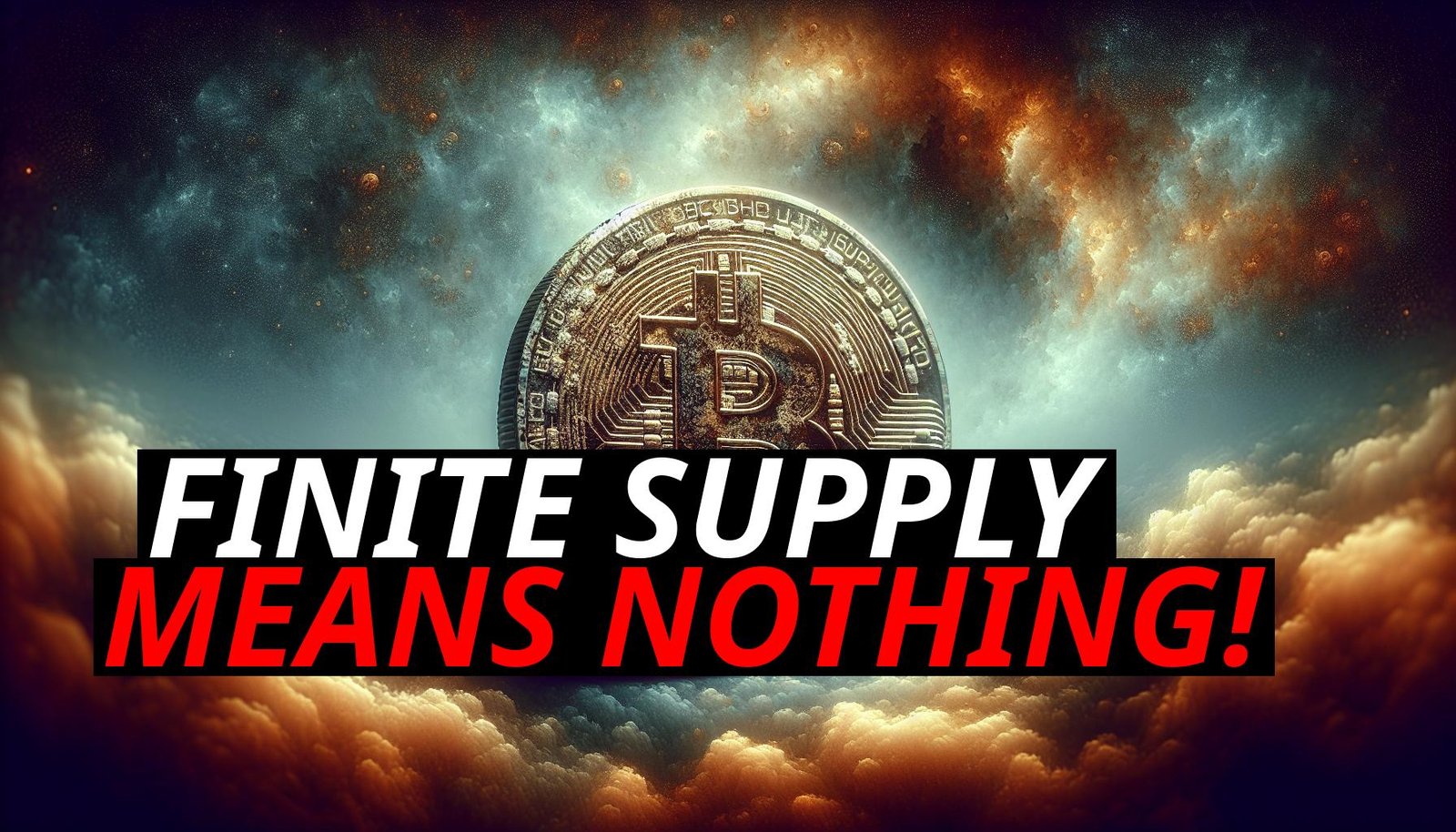Why Bitcoin’S Finite Supply Doesn’T Guarantee Wealth
Welcome to Business Insights! Today, we’re diving into the intriguing world of Bitcoin and uncovering why its finite supply doesn’t necessarily mean guaranteed wealth. Many people believe that since Bitcoin has a hard cap of 21 million coins, its value must inevitably go up. But is this really the case? Let’s explore this concept by comparing it to something more familiar: gold.
Market Supply Vs. Total Supply
Think about this for a moment. Gold is mined every day, increasing the total supply. With more gold available, shouldn’t its price go down? This is where the concept of market supply comes into play. Most of the gold that’s mined is stored away in vaults, removed from active circulation. It’s not the total supply of gold that influences its price but rather the amount of gold that’s available for sale at any given time – the market supply.
This brings us back to Bitcoin. While it’s true that Bitcoin has a finite total supply, the key factor driving its price is the market supply – how much Bitcoin is being actively traded in the market. Many Bitcoins are held by long-term investors or lost forever, which reduces the effective market supply. When the price rises, more people may decide to sell their Bitcoins to cash in on their gains, increasing the market supply and potentially driving the price down.
Speculative Demand And Volatility
Bitcoin’s value is heavily influenced by speculative demand. Investors often buy Bitcoin with the hope of selling it at a higher price later, a phenomenon known as the greater fool theory. This speculative nature can lead to significant price volatility, with sharp increases followed by dramatic drops. Unlike gold, which has intrinsic value due to its physical properties and various uses, Bitcoin’s value is largely driven by market sentiment and speculation.
External Factors
Another factor to consider is the impact of external forces such as regulatory changes and technological developments. These can significantly influence Bitcoin’s market supply and demand. For instance, favorable regulations might encourage more people to invest in Bitcoin, while negative news could lead to panic selling.
Conclusion
While Bitcoin’s finite supply is an interesting feature, it doesn’t guarantee that its value will always go up. The real determinant of price is the market supply – the amount of Bitcoin available for sale at any given moment. Speculative demand, market sentiment, and external factors all play crucial roles in shaping Bitcoin’s price. So, before you jump on the Bitcoin bandwagon, remember to consider these critical factors.
Share Your Thoughts
What do you think about Bitcoin’s market dynamics? Share your thoughts in the comments below. If you found this analysis insightful, share this article with your friends and family. Let’s discuss the future of cryptocurrencies and their potential impacts on our financial systems.






